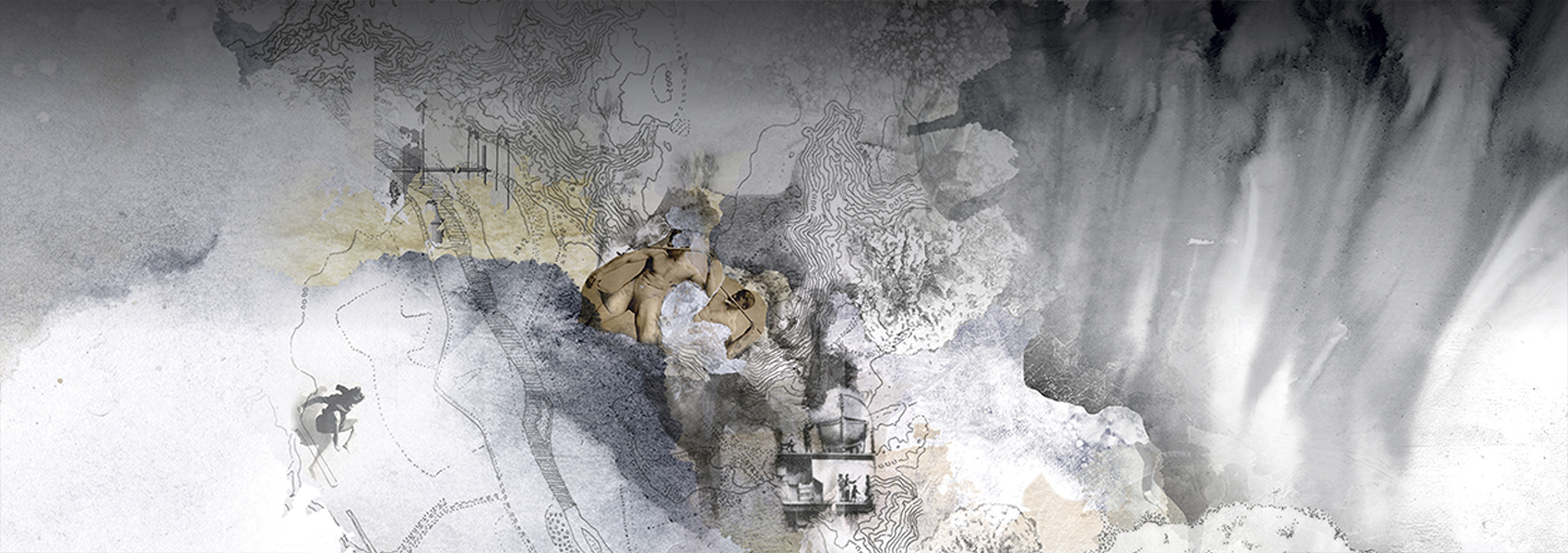From the Ground Up
Art Sustainability Activism 2023-24
The UMass Fine Arts Center, the MFA for Poets and Writers, and the School of Earth & Sustainability, are working to create deliberate opportunities to connect artists, scientists, and changemakers. We learn from each other. Together, we reckon with climate change, elevating awareness, recognizing climate grief, and catalyzing meaningful change. Learn more.
Please visit our Calls To Action page for climate actions you can make today both in your individual life and in community.
Art Sustainability Activism Interdisciplinary Discussion
Thursday, October 12, 4 p.m. | Randolph W. Bromery Center for the Arts lobby | Free event
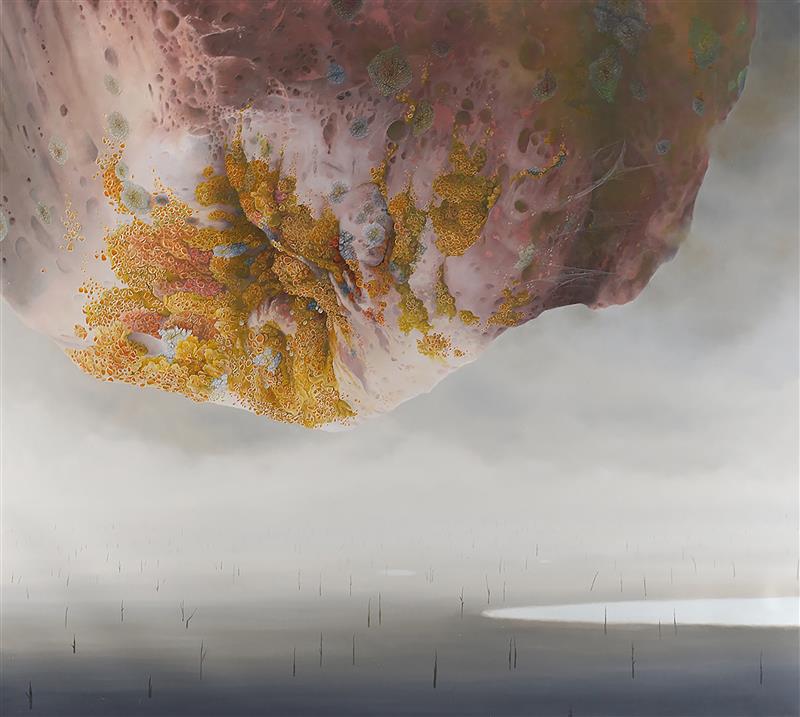 Art Sustainability Activism: From the Ground Up is an interdisciplinary series devoted to illuminating ecological crises through the lens of science and art. From the Ground Up marks the fifth annual collaboration between the Fine Arts Center, MFA for Poets and Writers, and the School of Earth & Sustainability and includes science talks, performance, discussions, and community engagement.
Art Sustainability Activism: From the Ground Up is an interdisciplinary series devoted to illuminating ecological crises through the lens of science and art. From the Ground Up marks the fifth annual collaboration between the Fine Arts Center, MFA for Poets and Writers, and the School of Earth & Sustainability and includes science talks, performance, discussions, and community engagement.
In this interdisciplinary discussion, the audience joined ASA featured artist Sirintip, Dr. Shaina Sadai of the Union of Concerned Scientists, and others in this meeting of minds working at the intersection of climate change, science, literature, performing arts, and social justice.
This discussion was moderated by UMass professor Malcolm Sen.
Painting by Ashley Eliza Williams: Maybe We Look Like This Inside
oil on canvas 44″ x 40″
Bios
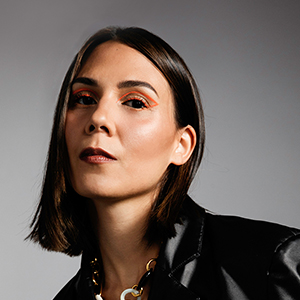 Sirintip
Sirintip
Praised for her depth of dimension, multimodal artist Sirintip draws inspiration from a range of styles and disciplines. Her works explore unsung intersections of humankind and the natural world — a focus that drives her curiosity and expands her output. Part ethereal, part impassioned, her vocals move nimbly across sophisticated harmony, soar over dense walls of sound, and pulse through rhythmic modulations.
Through her work, Sirintip seeks to create bridges of empathy. Her complex cultural background — growing up in Thailand with a Swedish mother before leaving her father’s home in Bangkok for Sweden — provided rare and early insight into feeling othered. As a result, she aims to uncover and create connections through her music and her interdisciplinary works, arriving at moments of greater understanding.
In addition to touring Carbon in what she hopes to be a sustainable, minimally harmful way, Sirintip will focus her next couple of years on large-scale installation pieces and narrative compositions that explore the carbon clock, and microorganisms, respectively, among other conceptual works; she hopes to continue collaborating with scientists directly, as she did on her research trip across the North Pacific and will continue doing on her forthcoming study of glaciers in Greenland. Over the next seven years, she plans to shift her entire creative process into a sustainable practice; this shift includes scheduling more solar-powered performances, recording at solar-powered studios, printing bioplastic vinyls, and reducing her touring carbon footprint through efficient booking strategies. Sirintip hopes to engage more researchers on her artist path toward becoming more climate change-conscious: “I want to make sure I’m doing everything I can, through art, to make a change.”
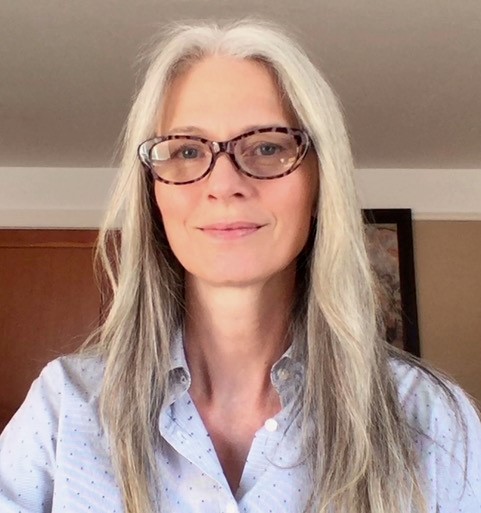 Sandy Litchfield
Sandy Litchfield
Sandy Litchfield is an artist, curator, and associate professor in the Department of Architecture at the University of Massachusetts Amherst. She teaches courses that lie at the intersection of art, architecture, design, and writing. Her studio practice, which focuses on contemporary representations of landscape, includes painting, drawing, installation, and public art. Litchfield’s interests as a researcher, writer, and curator include landscape theory, speculative design, future studies, and environmental humanities. She recently co-founded the UMass Transdisciplinary Future Studies, a mutual mentoring group focused on building a network of academics — from the creative disciplines (art, design, literature) and research-based disciplines (geoscience, anthropology, history, and computer science) — who are interested in future studies to promote environmental and social justice. She is also the founder and co-creator of On Distant Keys, a creative/curatorial project and multidisciplinary platform for generating speculative futures in the wake of climate change.
 Dr. Shaina Sadai
Dr. Shaina Sadai
Sadai is a UMass alum and current Hitz Fellow for Litigation-Relevant Science at the Union of Concerned Scientists. Her career is dedicated to understanding the science and how humans have altered the climate leading to the impacts we see today such as rising temperatures and sea levels. Her work now addresses how we translate our knowledge into policies, programs, and societal change that meet the needs of this global moment. Sadai's fellowship is focused on exploring climate attribution of sea level rise and global methane emissions. Following from her prior research into sea level rise, climate justice, and the goals of the United Nations Paris Agreement, she is particularly interested in how international law can be applied to the changes sea level rise will bring. In addition to her research into sea level rise at the intersections of science, policy, and political power, she has also worked on sea level rise from the perspective of multispecies climate justice.
Sadai is also an award-winning professor and has developed university level courses on climate change and climate justice and conducted research into the educational benefits of interdisciplinary climate education. She earned her PhD at UMass Amherst in the Department of Earth, Geographic, and Climate Sciences.
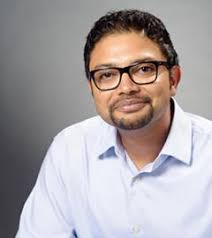 Malcom Sen, moderator
Malcom Sen, moderator
Malcolm Sen teaches courses in the environmental humanities in the Deptartment of English. He is a co-chair of the campuswide Sustainability Strategy Working Group and is leading The Anthropocene Lab project at UMass Amherst.
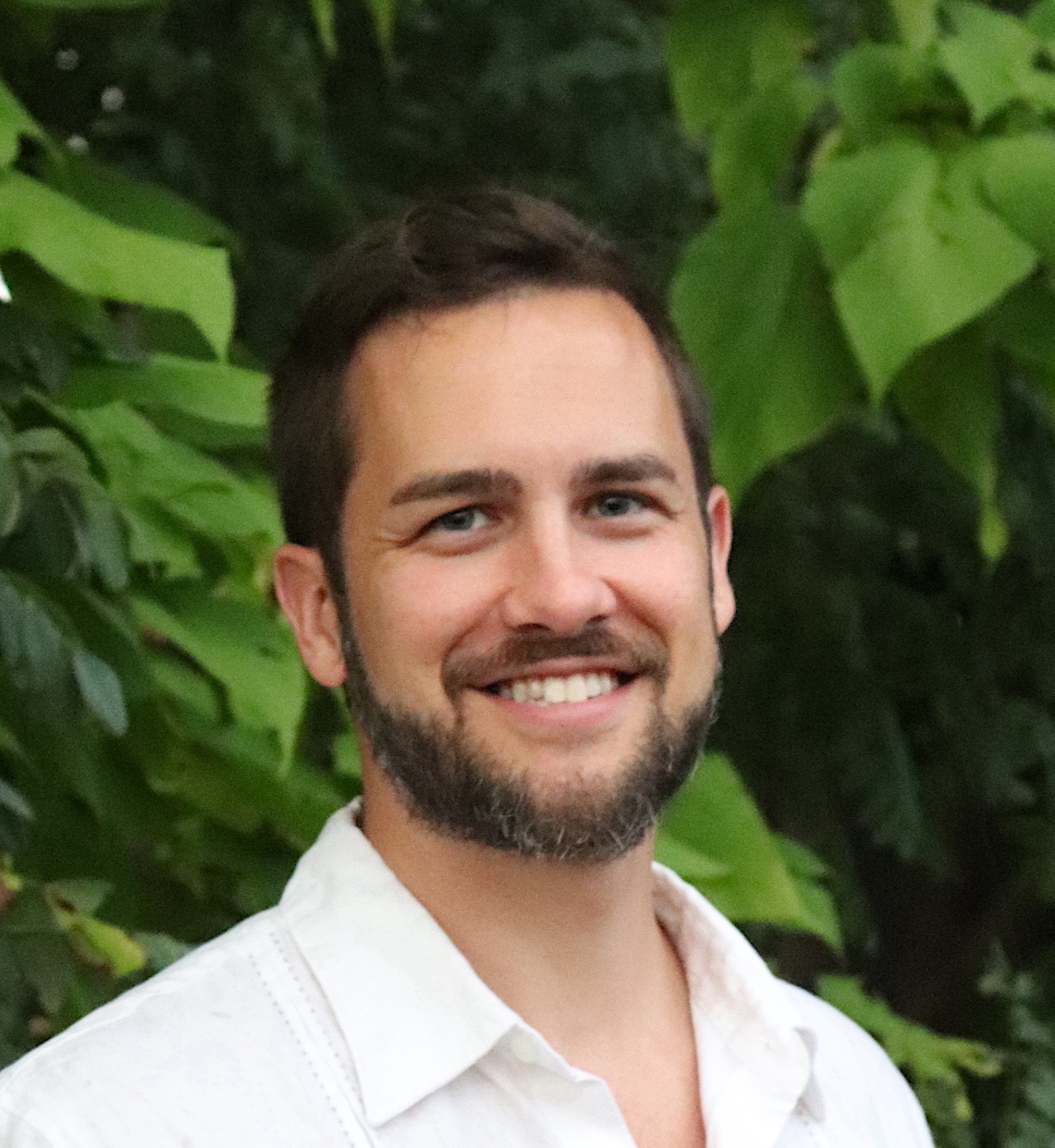 Kevin Young
Kevin Young
Kevin Young is a member of the UMass Environmental and Social Action Movement (ESAM), where he helps coordinate a committee pressuring UMass to cut ties with the financial institutions that fund the fossil fuel industry. His forthcoming book is called Abolishing Fossil Fuels: Lessons from Movements That Won
.
More about Art Sustainability Activism
“We intend for this annual art, science, and humanities partnership to reflect society’s best efforts to address the climate crisis,” says Michael Sakamoto, performing arts programming curator at the UMass Fine Arts Center. “And we want to show creativity at the center of any solution.”
“Artists translate experience into the language of dance, the language of poetry, the language of image and music,” says MFA professor Noy Holland. “A poet is a maker, a visionary who transforms the real — even the hard reality of data — into a vision of what is possible. This transdisciplinary series creates a prism in which what is possible becomes imaginable, both the horrific and the hopeful. The prism is the prism of empathy, the necessary imaginative act.”
“With the unprecedented global challenges before us, it is clear that science alone will not provide the solutions,” says Curt Griffin, co-director for the School of Earth and Sustainability. “It will take fostering new transdisciplinary partnerships and assembling creative teams that fuse together arts, sciences, humanities, innovation, and culture. Our partnership with FAC and MFA is an example of how we advance the conversation towards a more just and sustainable future.”
CURRENT ACTIONS: On Earth Day 2022, the University launched UMass Carbon Zero, an ambitious campaign to transition our campus to be powered by 100% renewable energy in the next decade. Learn more about UMCZ and our efforts to a low-carbon future here.
Art Sustainability Activism
The events on this page are part of Art Sustainability Activism, a collaboration between the Fine Arts Center, the MFA for Poets and Writers, and the School of Earth & Sustainability.
Take Action Today!
Learn More about ASA
2023-2024 Full Event Listing
UMass MFA for Poets & Writers
UMass School of Earth & Sustainability



UMass Sustainability
Paperbark Literary Magazine
Past Events
Philip Glass at UMass: Arts & Sustainability Responding to Life Out of Balance | ASA 2019-20
Transforming Crisis | ASA 2020-21
The Future is NOW | ASA 2021-22
Archives of the Future | ASA 2022-23
Art Sustainability Activism 2023-2024: From the Ground Up
Co-sponsored at UMass Amherst by:
Fine Arts Center
MFA for Poets and Writers
School of Earth & Sustainability
Office of the Provost
Orion Magazine
With additional support from Amherst Books

